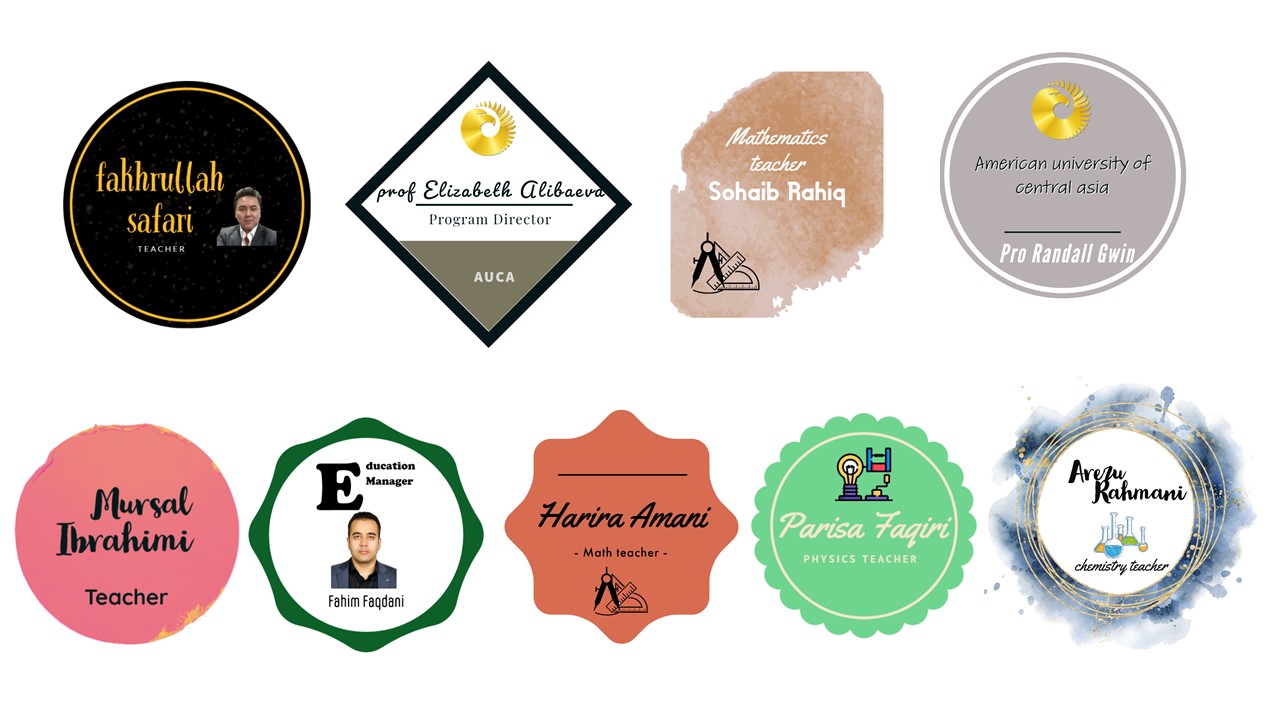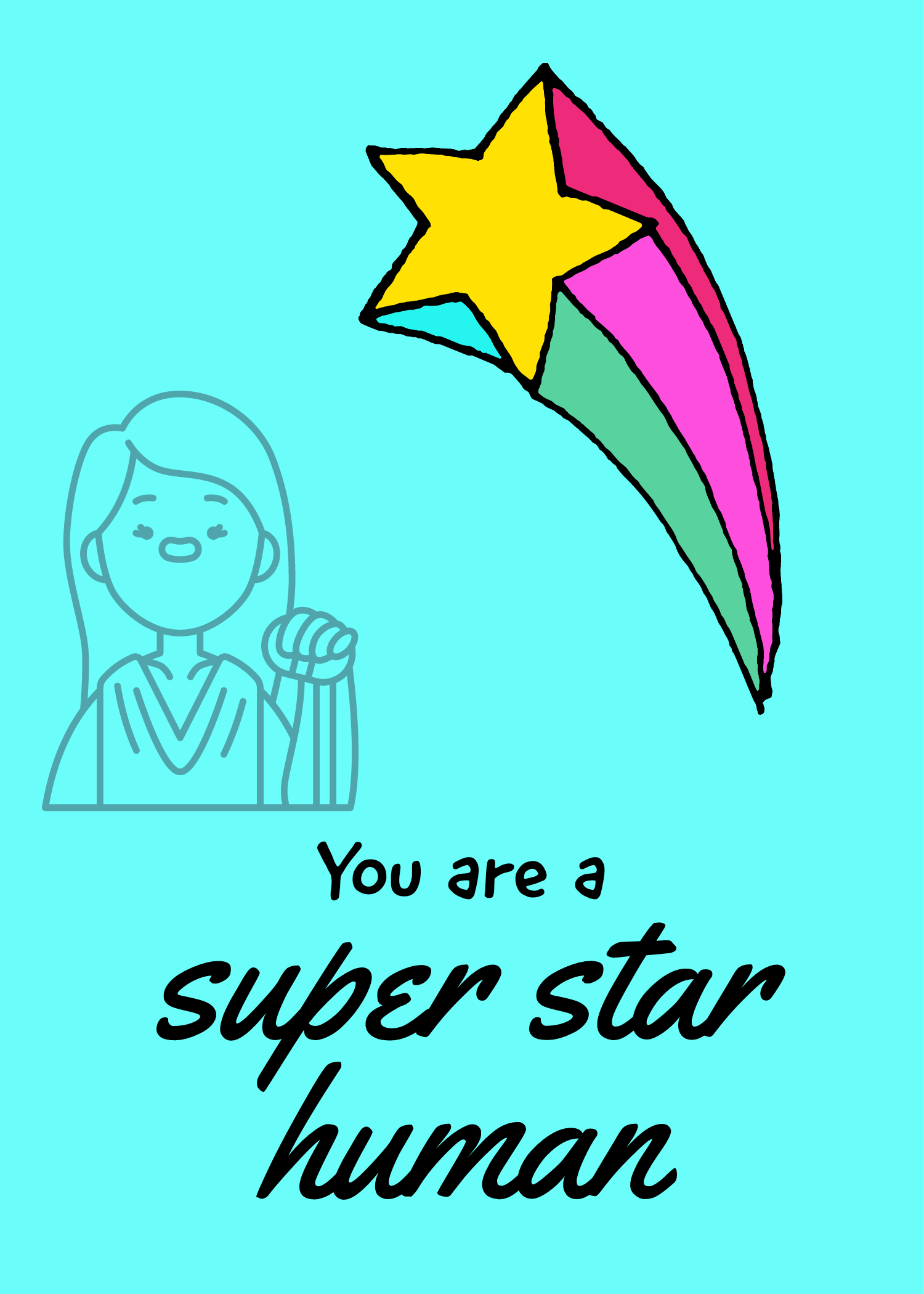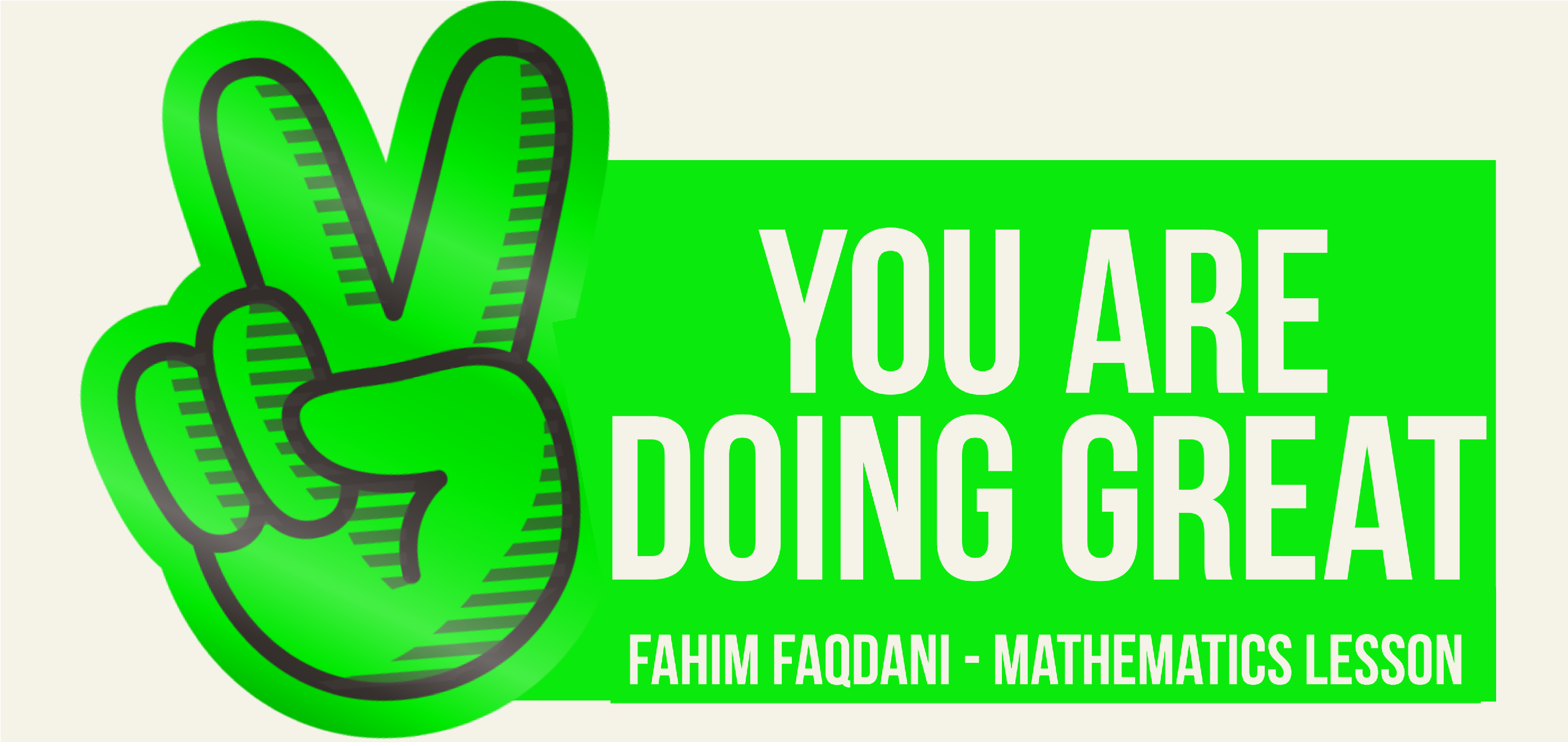One of the biggest concerns about ODL is that people might cheat.
How can you make sure that someone you never met face-to-face is actually doing the work they say they're doing in an online course? Or, to make it more personal, if I teach this course again, how can I be sure the students in that course aren't just paying you to do the work for them?
My research has shown that this is one of the biggest concerns amonag EdTech researchers and leaders in the developing world. (See theLiterature Review section.)
But, is it possible that digital technology could let you be even more certain of someone's ability at a skill than a traditional diploma would be? The answer lies in Digital Microcredentials, or Digital Badges.
If you chose this topic, I'd like you to consider ways digital microcredentials or badges could help - or cause problems - in your specific educational situations.
Start with the following resources.
- What are digital badges?
- Understanding microcredentials
- The Future Will Be Decentralized
- Gwin, R.W., & Foggin, J.M. (2019), Badging for sustainable development: Applying EdTech micro-credentials for advancing SDGs amongst mountain and pastoralist societies
- Finally, try making some badges for your colleagues using the free tool Badgr.com
Then, show us a Pecha-Kucha or TikTok series (See the instructions here.) that shows us the most important concepts that we should know, as digital pedogogues.
After your Pecha-Kucha or TikTok series, give us some thought-provoking questions (especially, think of how you could apply this in your cultural context).
Finally, monitor the discussion by replying quickly and challenging us to learn more!



